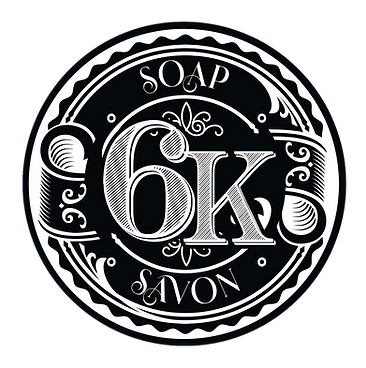When you showered this morning, you probably used soap, but is the soap that accompanies you into the shower every morning soap, or is it something else?
Our grandmothers saved lard and tallow, added wood ash, then stirred the resultant goo in a vat over a fire in the yard to make the family’s annual lye soap. This strong soft soap was commonly used to clean everything from clothing to floors, giving the user that ruddy glow of a mild lye burn we still talk about. Exceptionally skilled artisans knew how to create gentle, nourishing soaps for skin from tallow and lard, and were valued as a precious commodity throughout a community.
During WW1, women were asked to send fats away for the war effort rather than using them in soap. Lard and tallow were collected to produce glycerin essential for explosives and more. Surfactants were invented, produced commercially in factories by scientists so that more fats could be directed to glycerin production, and soaps made at home were no longer widely available.
To this day, surfactants remain the primary component of modern cleaning products. Products such as shampoo, body wash, hand and dish soaps are made from a mixture of chemical compounds that dry the skin and irritate with extended use. They cannot be called soap, because they are not made from fats and lye. Commercial soaps are stripped of their glycerin and contain preservatives and chemical bubbling agents.
Alternatively, today’s skilled artisans of the handmade soap industry mix solid oils such as lard, tallow, palm or coconut, adding liquid oils such as olive, canola, or sunflower. Lye is carefully added in either a cold or hot process method to form solid cakes of the magic known as handmade soap. The chemistry that happens when fats are mathematically combined with lye is called saponification, and the resultant soap is neither fats nor lye, but a kind of salt, including the glycerin so prized for its skin conditioning properties.
The skin is our largest organ and it remembers which soap you used in your shower today. Authentic soap with its glycerin is gentle, moisturizing, and can improve skin conditions such as eczema and psoriasis, soothing as you wash. Handmade soap is biodegradable, breaking down easily in the ecosystem.
Skilled soap artisans of today manufacture quality soaps known for their skin benefits by utilizing healthy fats while honoring the traditions of our grandmothers in nourishing soap that is good for your skin, made at home. When you purchase handmade soap from a local artisan at a farmer’s market, online, or in a local shop, you support a neighboring family who cares about their community and the people in it.
So tomorrow, before you hop in the shower, take a close look at what you call soap and consider whether you would like to try something handmade from a local artisan who cares about you and your skin!

